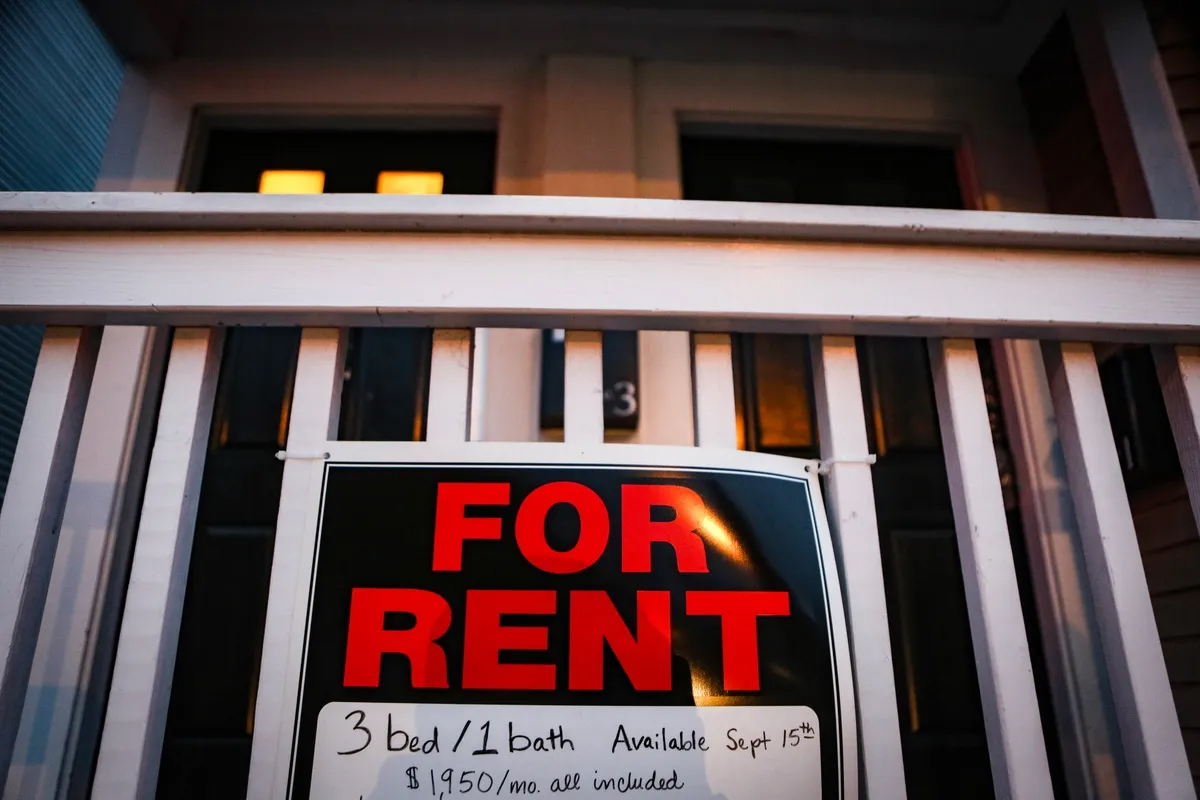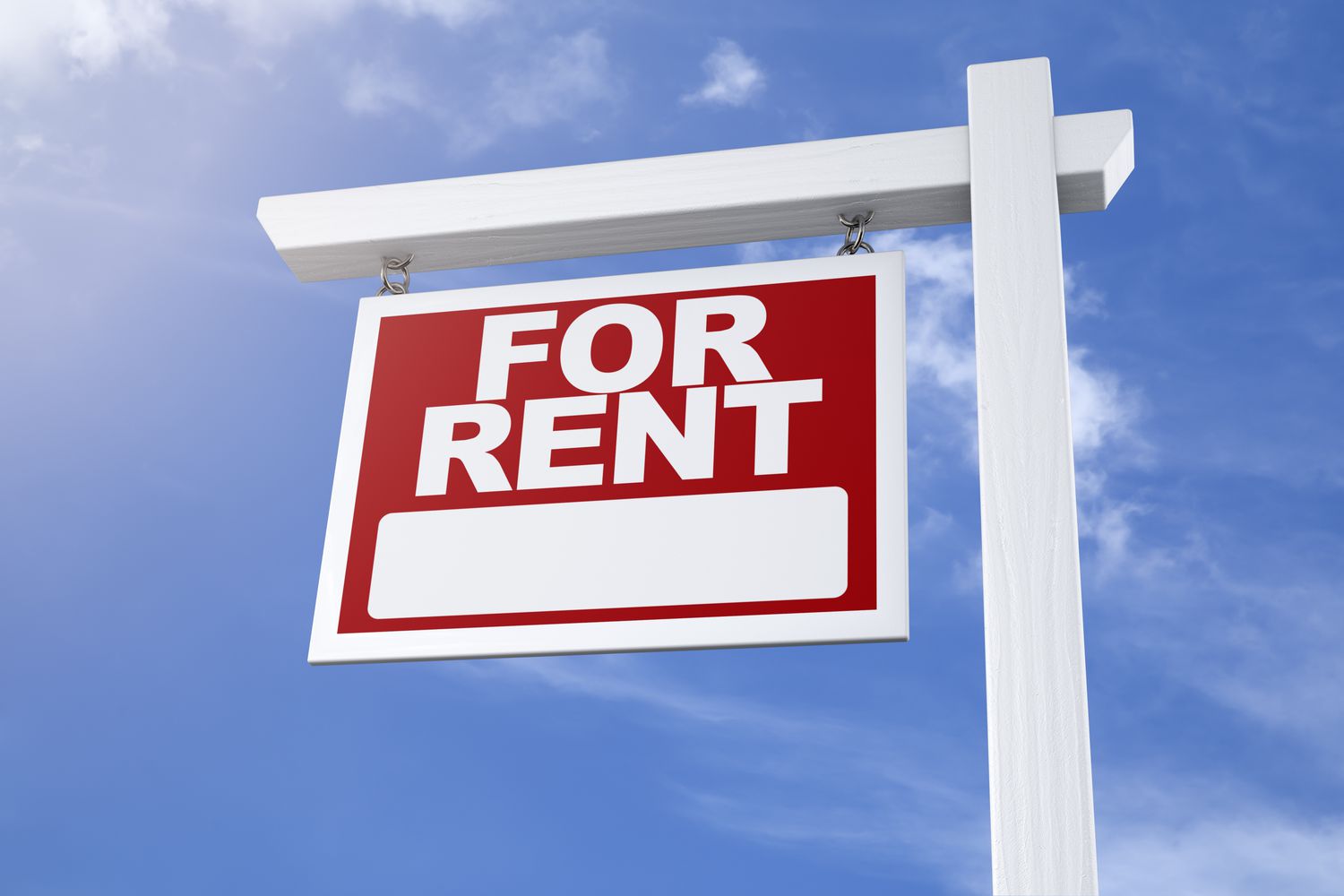In recent years, the United States has witnessed a surge in the cost of housing, prompting movements advocating for the implementation of rent control laws as a means to stabilize rental prices.

Rent Control Laws Suspected of Fueling Affordable Housing Shortages (Photo: Main Public)
Economic Ramifications of Rent Control
According to the report featured by Fox Business, in October 26, 2023, however, a closer look reveals that these seemingly well-intentioned measures might be exacerbating the problem rather than solving it. Rent control laws are gaining popularity in progressive strongholds, with states like Oregon and California leading the way by imposing caps on older rental units. This trend has sparked interest in municipalities across the country, including Illinois, Colorado, and Massachusetts.
Despite the renewed interest in rent control laws, economists have issued warnings about their potentially detrimental effects on the housing market. Ryan Bourne, chair for the public understanding of economics at the Cato Institute’s Center for Economic Studies, highlights that imposing rent control often results in reduced availability and quality of affordable housing.
Rent control laws can create a situation where rental supply falls short of demand, leading to shortages and driving up market rents. In essence, while politicians seek to make housing more affordable, the underlying economics of rent control can lead to the unintended consequence of increasing, rather than decreasing, the cost of housing.
READ ALSO: Blizzard In Northern US: Potential Winter Storm Threat And Arctic Temperatures Await This Week
The Varied Impact of Rent Control Laws Across the U.S.
In a recent report released by Headtopics, the impact of rent control laws varies depending on their scope and application. Some states, like New Jersey, have had limited rent control laws in place with relatively high caps, resulting in a less disruptive impact on the housing market. However, other areas, such as Minneapolis, have witnessed disastrous consequences when broad rent control measures with tight caps were introduced.
Minneapolis saw a significant decline in new apartment construction permits after implementing rent control, which forced officials to reconsider the policy due to its negative impact on housing availability. As nationwide inventory shortages drive up rent prices, many cities continue to consider or maintain rent control measures, despite the potential risks these policies pose to housing supplies and overall rental costs.
New York City stands out as a long-time proponent of rent control laws and is currently defending them before the Supreme Court, even as a recent report from Moody’s indicates that it has the highest rent-to-income ratio in the U.S. at 64.9%.
READ ALSO: Syria And Iraq Witness More Than 20 Injured US Troops In Drone Assaults
























